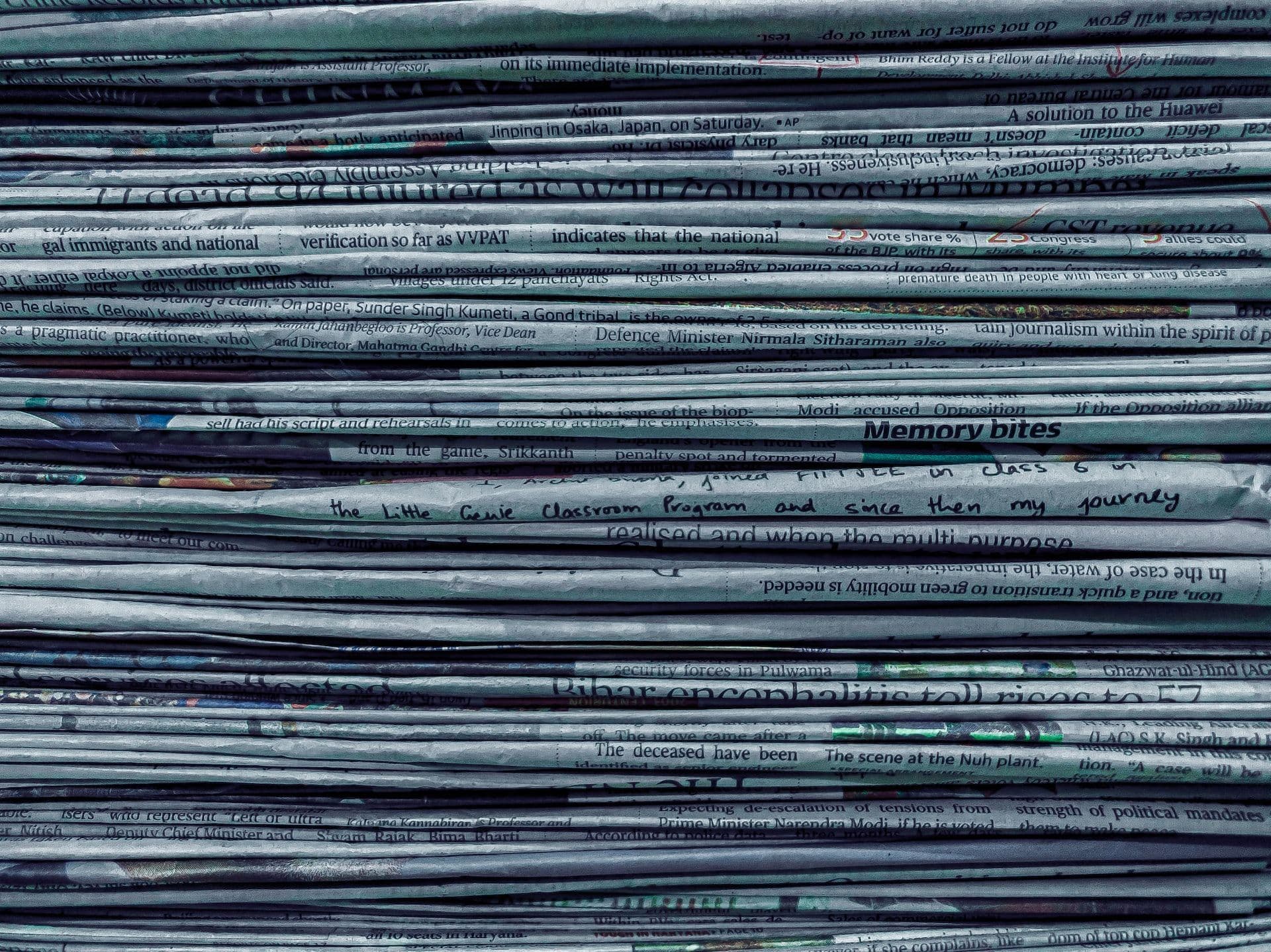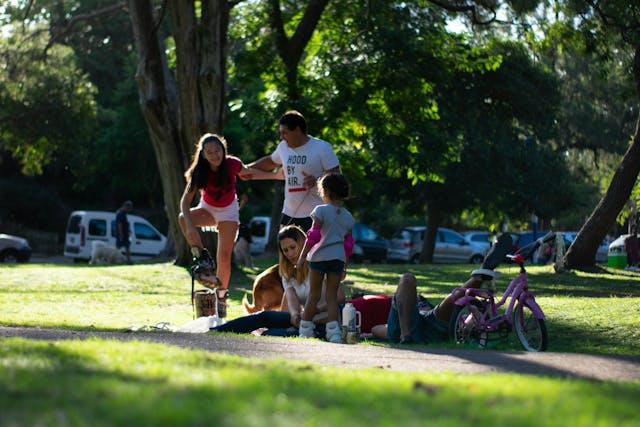Freedom and diversity of media in Luxembourg in the medium risk zone, full-fledged media pluralism not yet achieved

Recently, the Center for Media Pluralism conducted a study in 32 countries. Its goal was to identify states in which full-fledged media pluralism, diversity and accessibility of opinions have been achieved.
The study was carried out according to 20 criteria. Among them are the protection of freedom of speech, the political independence of the media, their concentration in large media conglomerates, transparency in the management and ownership of news sources, inclusiveness. As well as many others.
In Luxembourg, this data were collected by scientists from the Université du Luxembourg. In the final ranking, the country took 12th place. The researchers named the concentration of the media in several large media empires and the low level of minority integration as the main problems. Overall, the risk percentage for media pluralism in the Grand Duchy is at a medium level (46%).
The only country in the research with minimal risk level turned out to be Germany (20%). Sweden (28%) and Denmark (32%) came in second and third respectively. Free media are under the biggest threat in Turkey (81%).
What threatens the media within Luxembourg?
There are no laws in the country to prevent purchase of small publications by conglomerates. The online media industry has long been dominated by the RTL group. While offline press is mostly controlled by Mediahuis and Editpress.
Media in the Grand Duchy is still predominantly written in Luxembourgish, hindering inclusiveness. Luxembourg media management is critically short on women in key positions. And the newspapers, magazines, news sites themselves are almost completely unadapted for people with disabilities.
Separately, the study notes the risks associated with the 2023 parliamentary elections. Election campaigns are increasingly moving online. And Luxembourg legislation does not regulate paid political advertising in any way.
However, the threat to free speech is low in the Grand Duchy. It is recognized as a right in the Constitution and protected by law. The right to information, professional standards, the protection of journalists and the independence of the media are also not at risk. All this shows that the situation for media pluralism in the country is far from bad.
9 recommendations from the Center for Media Pluralism
The following recommendations were given to Luxembourg by the Center for Media Pluralism:
- Simplify access to information for journalists
- Expand the competencies of state bodies in the field of media protection
- Make data about media owners centralized and accessible
- Open audience and advertising data for print and online media to the public
- Monitor the percentage of presence of various parties and movements in all types of media during the election campaign
- Disclose information about spending on political advertising online and offline
- Establish clear rules for the distribution of state grants and subsidies
- Improve media accessibility for linguistic minorities and people with disabilities
- Promote more women to key positions in the industry
And if the Grand Duchy follows these tips? According to the researchers, a higher level of media pluralism will be achieved in the country.





